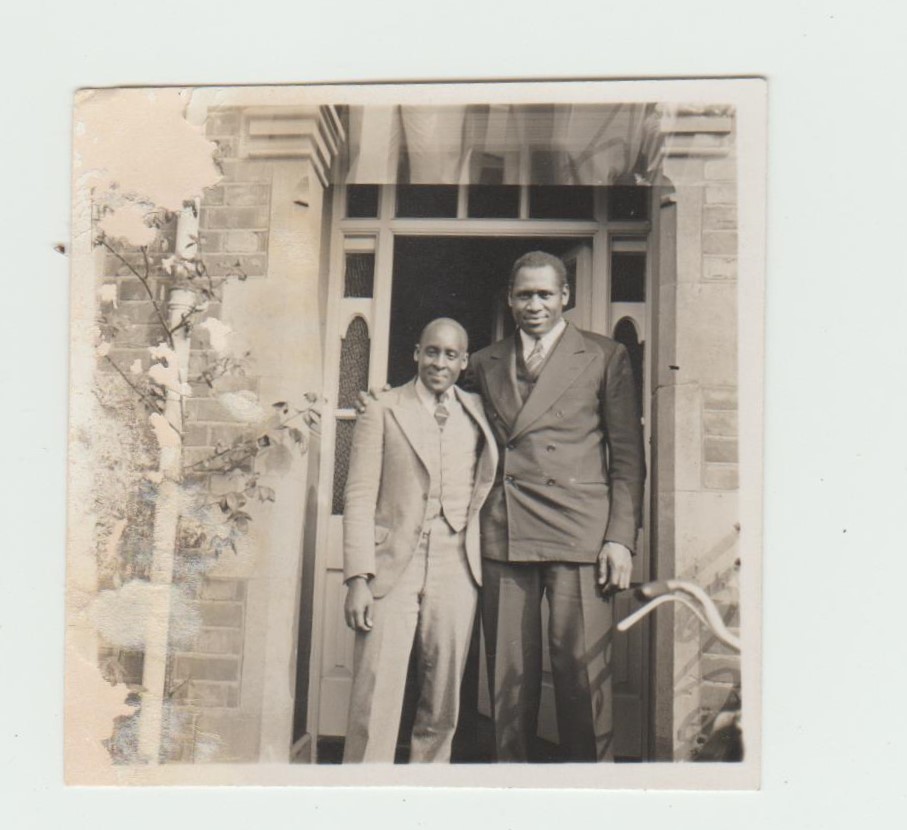This exhibition was in place from October through Michaelmas Term 2021
Launched in Black History Month (October 2021), this small exhibition in the Upper Library displayed a collection of novels, drafts and letters from the Prince Nyabongo Papers held by the College Library.
An Old Member of the College, Prince Akiki Nyabongo (1904-1975), received his DPhil in 1939 for his ethnographic work on Ugandan religious practices and belief, before a long career as an educator in the USA and Uganda. Prince Nyabongo first attracted attention with the publication of his novel, Africa Answers Back (1936; published as The Story of an African Chief in 1935), a fictionalised account of his schooling in Uganda and the conflict between traditional society and colonial impositions.
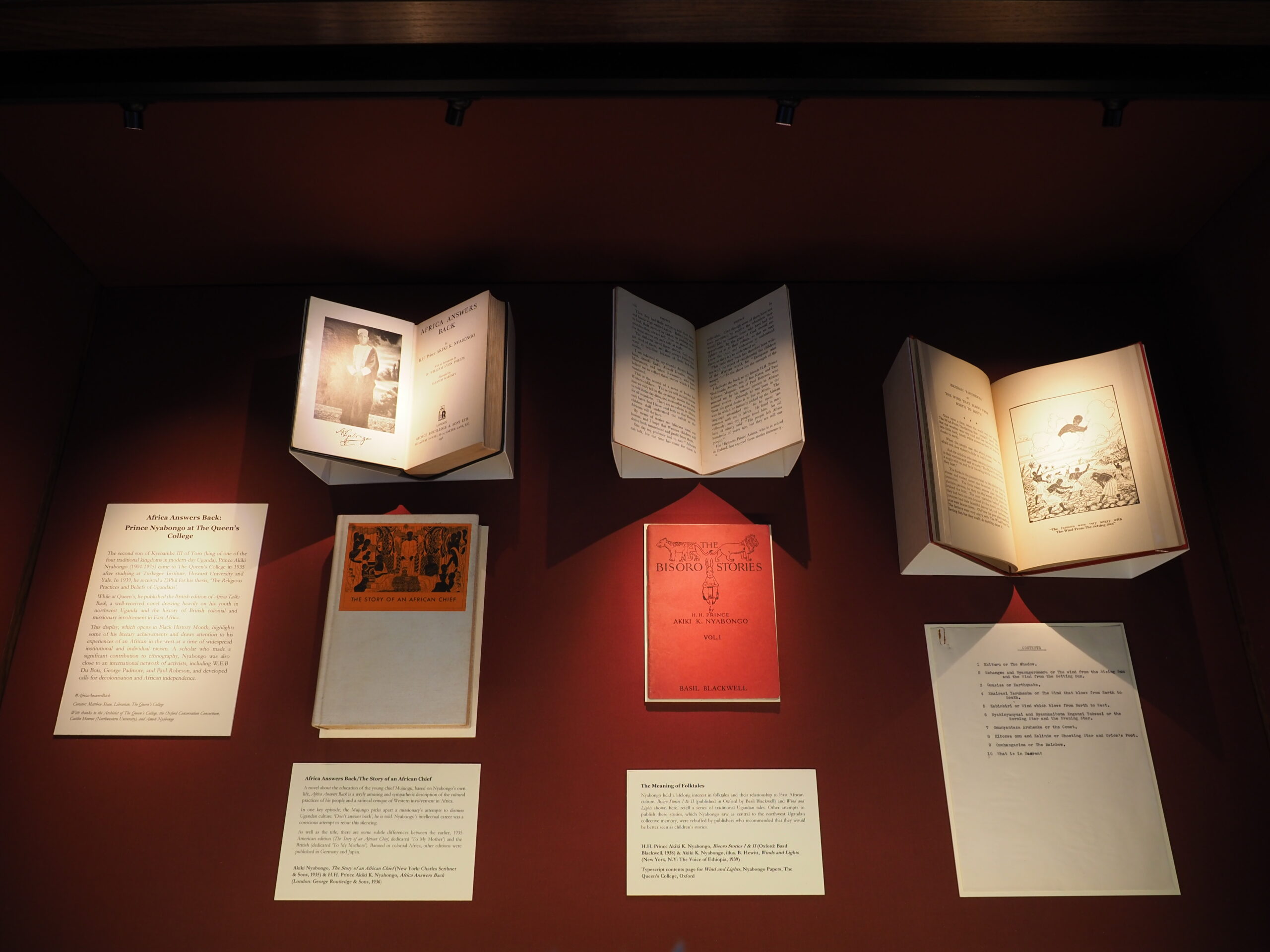
Africa Answers Back
A novel about the education of the young chief Mujungu, based on Nyabongo’s own life, Africa Answers Back is a wryly amusing and sympathetic description of the cultural practices of his people and a satirical critique of Western involvement in Africa.
In one key episode, the Mujungo picks apart a missionary’s attempts to dismiss Ugandan culture. ‘Don’t answer back’, he is told. Nyabongo’s intellectual career was a conscious attempt to rebut this silencing.
As well as the title, there are some subtle differences between the earlier, 1935 American edition (The Story of an African Chief, dedicated ‘To My Mother’) and the British (dedicated ‘To My Mothers’). Banned in colonial Africa, other editions were published in Germany and Japan.
The Story of an African Chief
Akiki Nyabongo, The Story of an African Chief (New York: Charles Scribner & Sons, 1935)
The Meaning of Folktales
Nyabongo held a lifelong interest in folktales and their relationship to East African culture. Bisoro Stories I & II (published in Oxford by Basil Blackwell) and Wind and Lights, retell a series of traditional Ugandan tales. Other attempts to publish these stories, which Nyabongo saw as central to the northwest Ugandan collective memory, were rebuffed by publishers who recommended that they would be better seen as children’s stories.
Typescript contents page for Wind and Lights, Nyabongo Papers, The Queen’s College, Oxford
H.H. Prince Akiki K. Nyabongo, Bisoro Stories I & II (Oxford: Basil Blackwell, 1938) & Akiki K. Nyabongo, illus. B. Hewitt, Winds and Lights (New York, N.Y: The Voice of Ethiopia, 1939)
Africa Answers Back
<p>A novel about the education of the young chief Mujungu, based on Nyabongo’s own life, Africa Answers Back is a wryly amusing and sympathetic description of the cultural practices of his people and a satirical critique of Western involvement in Africa.<br /> In one key episode, the Mujungo picks apart a missionary’s attempts to dismiss Ugandan culture. ‘Don’t answer back’, he is told. Nyabongo’s intellectual career was a conscious attempt to rebut this silencing.<br /> As well as the title, there are some subtle differences between the earlier, 1935 American edition (The Story of an African Chief, dedicated ‘To My Mother’) and the British (dedicated ‘To My Mothers’). Banned in colonial Africa, other editions were published in Germany and Japan. </p>
The Story of an African Chief
<p>Akiki Nyabongo, The Story of an African Chief (New York: Charles Scribner & Sons, 1935) </p>
The Meaning of Folktales
<p>Nyabongo held a lifelong interest in folktales and their relationship to East African culture. Bisoro Stories I & II (published in Oxford by Basil Blackwell) and Wind and Lights, retell a series of traditional Ugandan tales. Other attempts to publish these stories, which Nyabongo saw as central to the northwest Ugandan collective memory, were rebuffed by publishers who recommended that they would be better seen as children’s stories.</p>
Typescript contents page for Wind and Lights, Nyabongo Papers, The Queen’s College, Oxford
H.H. Prince Akiki K. Nyabongo, Bisoro Stories I & II (Oxford: Basil Blackwell, 1938) & Akiki K. Nyabongo, illus. B. Hewitt, Winds and Lights (New York, N.Y: The Voice of Ethiopia, 1939)
Highlights of the exhibition include a draft of his unpublished novel, ‘Yali the Savage’, which promised an introduction by the American actor, singer and activist Paul Robeson, the British and American editions of Africa Answers Back and two volumes of the Bisoro Stories and Nyabongo’s thoughts on British plans for East African education.
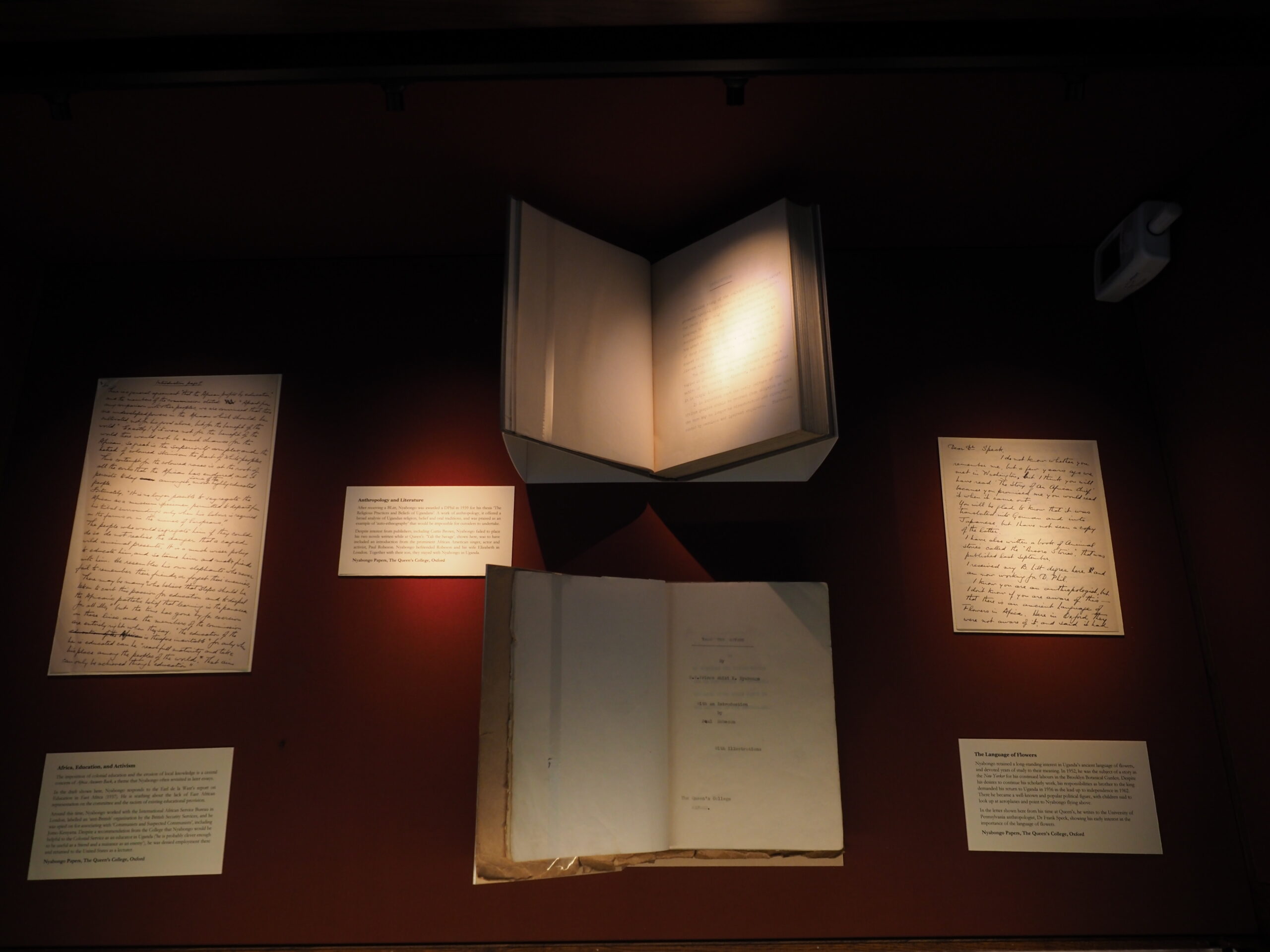
Africa, Education, and Activism
The imposition of colonial education and the erosion of local knowledge is a central concern of Africa Answers Back, a theme that Nyabongo often revisited in later essays.
In the draft shown here, Nyabongo responds to the Earl de la Warr’s report on Education in East Africa (1937). He is scathing about the lack of East African representation on the committee and the racism of existing educational provision.
Around this time, Nyabongo worked with the International African Service Bureau in London, labelled an ‘anti-British’ organisation by the British Security Services, and he was spied on for associating with ‘Communists and Suspected Communists’, including Jomo Kenyatta. Despite a recommendation from the College that Nyabongo would be helpful to the Colonial Service as an educator in Uganda (‘he is probably clever enough to be useful as a friend and a nuisance as an enemy’), he was denied employment there and returned to the United States as a lecturer.
Yali the Savage
Manuscript of Nyabongo’s novel, written whilst at Queen’s
The Language of Flowers
Nyabongo retained a long-standing interest in Uganda’s ancient language of flowers, and devoted years of study to their meaning. In 1952, he was the subject of a story in the New Yorker for his continued labours in the Brooklyn Botanical Garden. Despite his desires to continue his scholarly work, his responsibilities as brother to the king demanded his return to Uganda in 1956 in the lead up to independence in 1962. There he became a well-known and popular political figure, with children said to look up at aeroplanes and point to Nyabongo flying above.
In the letter shown here from his time at Queen’s, he writes to the University of Pennsylvania anthropologist, Dr Frank Speck, showing his early interest in the importance of the language of flowers.
Africa, Education, and Activism
<p>The imposition of colonial education and the erosion of local knowledge is a central concern of Africa Answers Back, a theme that Nyabongo often revisited in later essays.<br /> In the draft shown here, Nyabongo responds to the Earl de la Warr’s report on Education in East Africa (1937). He is scathing about the lack of East African representation on the committee and the racism of existing educational provision.<br /> Around this time, Nyabongo worked with the International African Service Bureau in London, labelled an ‘anti-British’ organisation by the British Security Services, and he was spied on for associating with ‘Communists and Suspected Communists’, including Jomo Kenyatta. Despite a recommendation from the College that Nyabongo would be helpful to the Colonial Service as an educator in Uganda (‘he is probably clever enough to be useful as a friend and a nuisance as an enemy’), he was denied employment there and returned to the United States as a lecturer.</p>
Yali the Savage
<p>Manuscript of Nyabongo’s novel, written whilst at Queen’s</p>
The Language of Flowers
<p>Nyabongo retained a long-standing interest in Uganda’s ancient language of flowers, and devoted years of study to their meaning. In 1952, he was the subject of a story in the New Yorker for his continued labours in the Brooklyn Botanical Garden. Despite his desires to continue his scholarly work, his responsibilities as brother to the king demanded his return to Uganda in 1956 in the lead up to independence in 1962. There he became a well-known and popular political figure, with children said to look up at aeroplanes and point to Nyabongo flying above.<br /> In the letter shown here from his time at Queen’s, he writes to the University of Pennsylvania anthropologist, Dr Frank Speck, showing his early interest in the importance of the language of flowers.</p>
Anthropology and Literature
After receiving a BLitt, Nyabongo was awarded a DPhil in 1939 for his thesis ‘The Religious Practices and Beliefs of Ugandans’. A work of anthropology, it offered a broad analysis of Ugandan religion, belief and oral traditions, and was praised as an example of ‘auto-ethnography’ that would be impossible for outsiders to undertake.
Despite interest from publishers, including Curtis Brown, Nyabongo failed to place his two novels written while at Queen’s. ‘Yali the Savage’ was to have included an introduction from the prominent African American singer, actor and activist, Paul Robeson, pictured right with Nyabongo.
Nyabongo befriended Robeson and his wife Elizabeth in London. Together with their son, they stayed with Nyabongo in Uganda.
Nyabongo Papers, The Queen’s College, Oxford
The Nyabongo Papers held by the College continue to be a source for researchers, and it is hoped that this exhibition will encourage further study on the life and influence of this Old Member. One of the traditional poems translated by Nyabongo was recently chosen by William Sieghart as part of his anthology Everyone Sang: a poem for every feeling (Walker Books, 2021), released on National Poetry Day (7 October). The display also provides the opportunity to reflect on the connections between the College and the wider world.
Explore more of our exhibitions
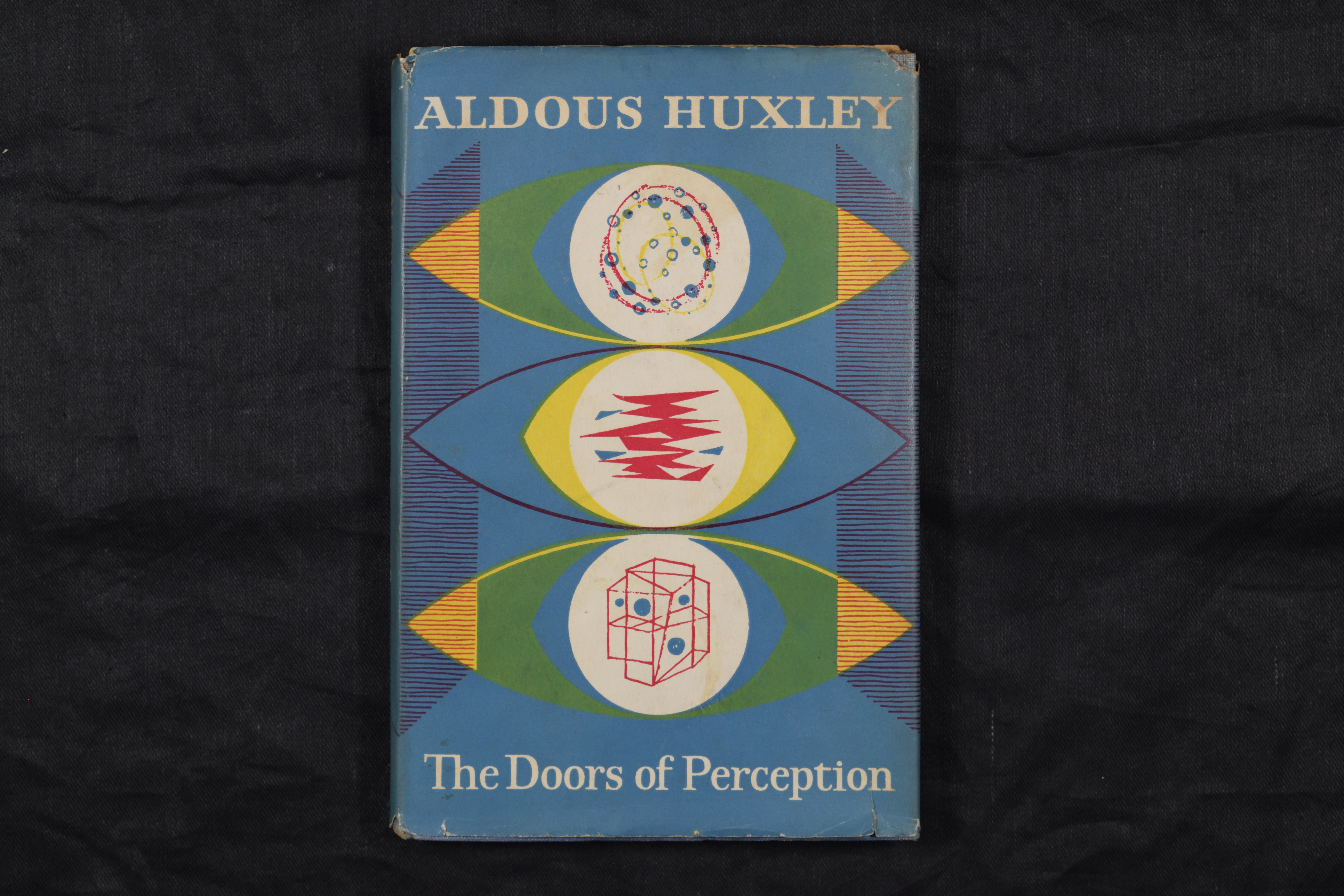
Perception: an exhibition
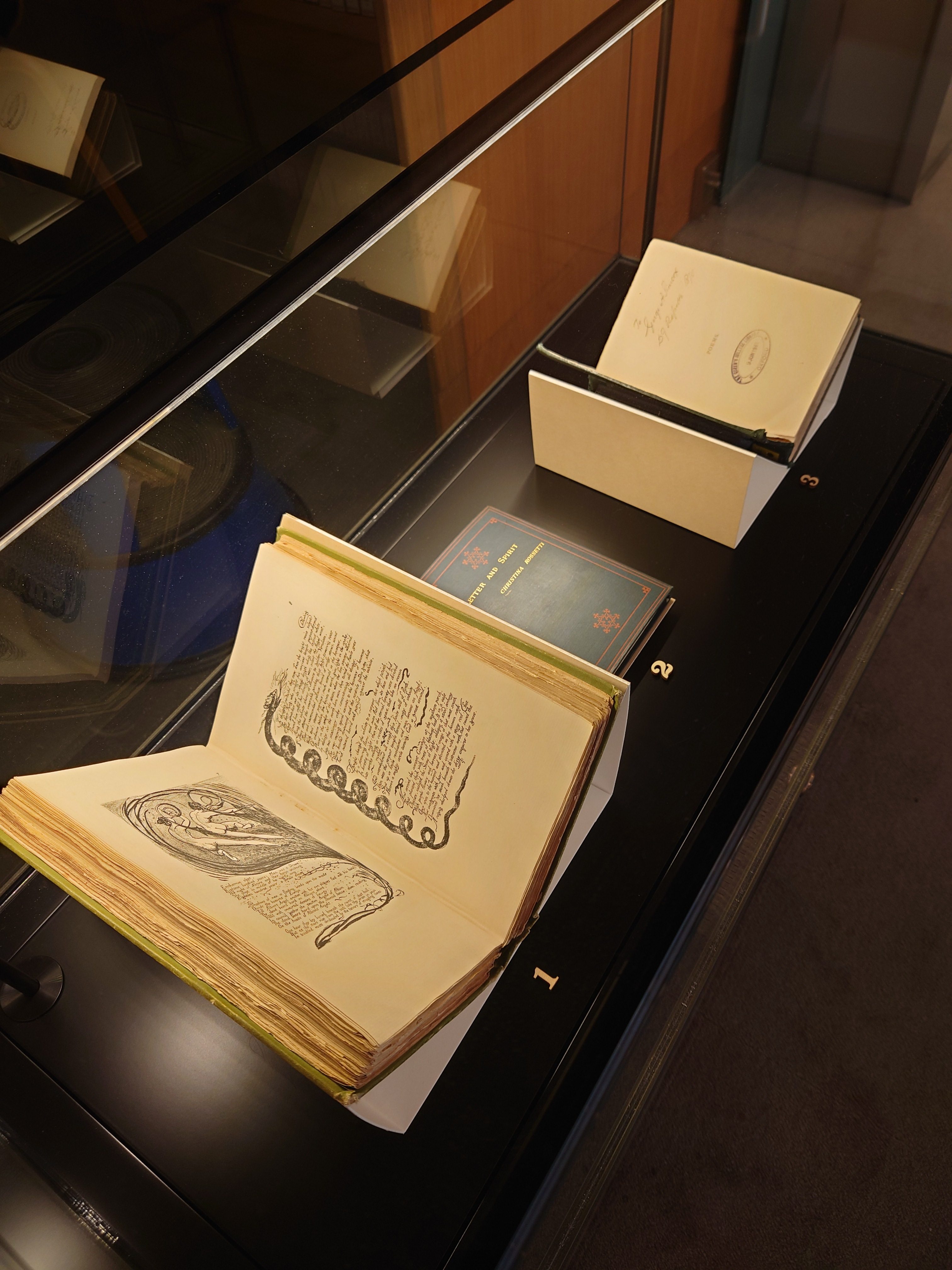
‘From the author’
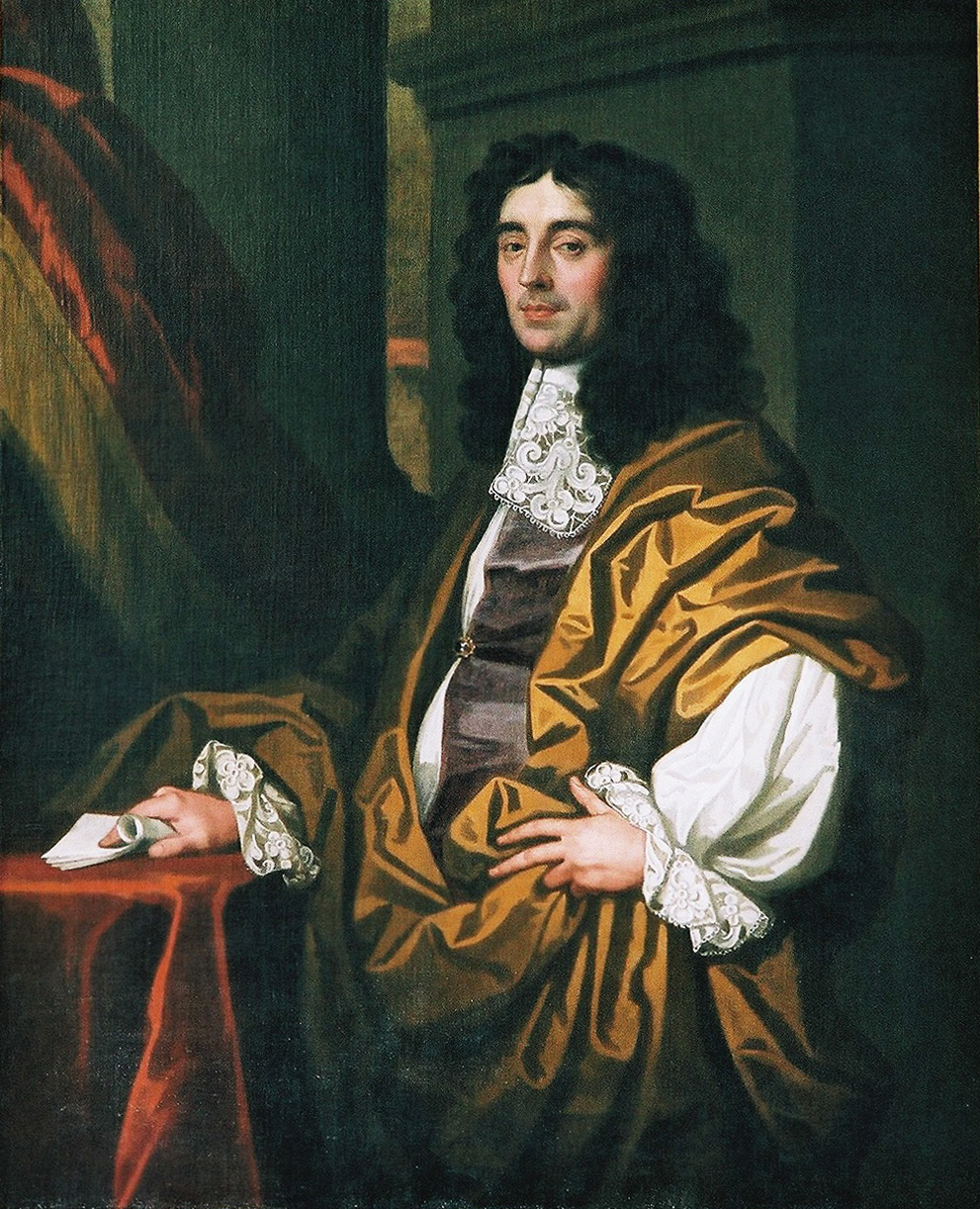
Joseph Williamson and the establishment of the transatlantic slave trade
